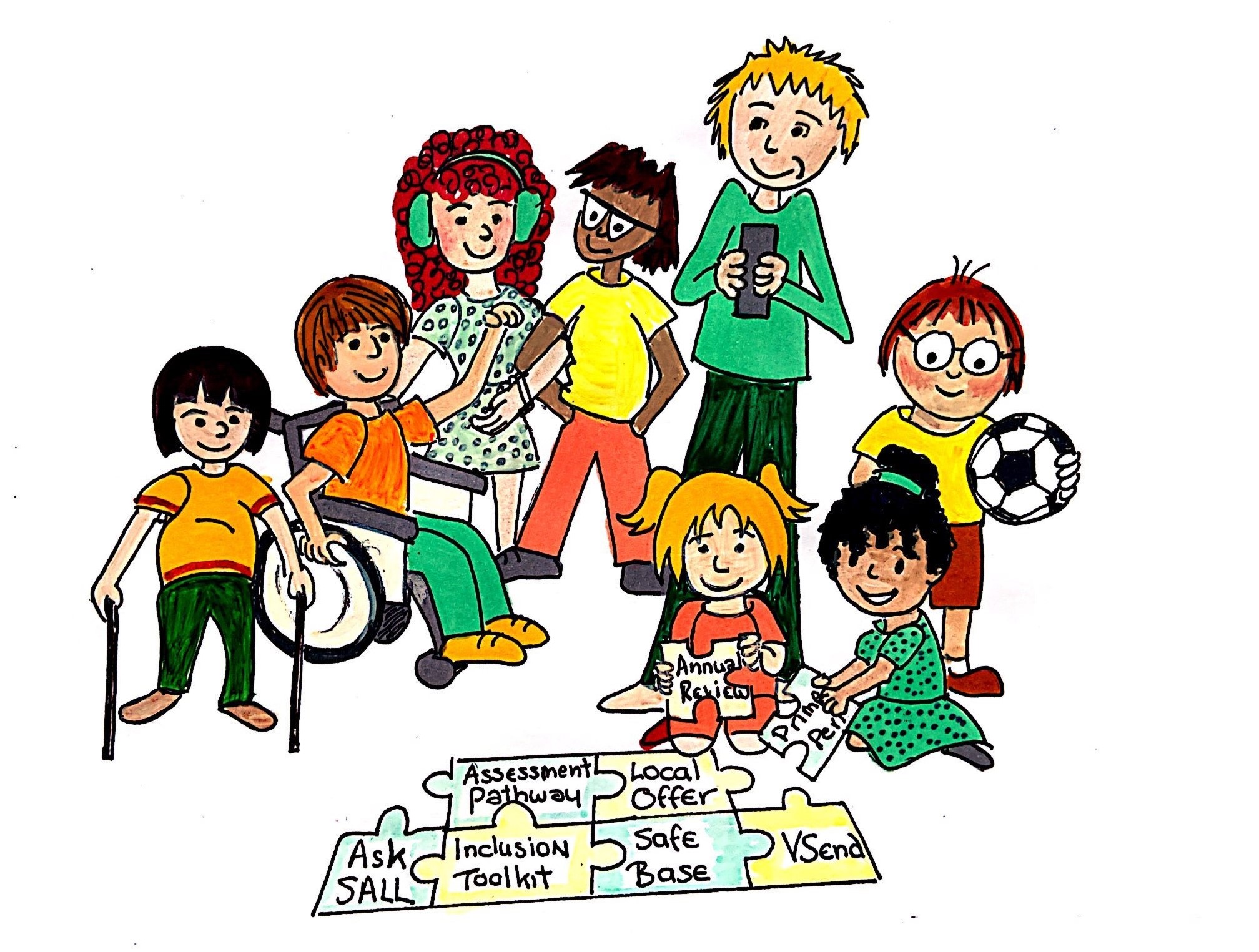Early years (0-5) introduction
The way children engage with other people and their environment underpins their learning and development. (Including playing and exploring, active listening, creating and critical thinking)
In assessing progress of children in early years, practitioners often use the non-statutory early years outcomes, development matters, as a guidance tool. The tool assesses the extent a young child is developing at expected levels for their age. The guidance tool sets out what most children do at each stage of their learning and development across 7 areas (3 prime and 4 specific) of learning.
When a child appears to be behind expected levels, or progress gives cause for concern, practitioners should consider all the information about the child’s learning and development from within and beyond the setting. From within the setting, practitioners should particularly consider information on the child’s progress in communication and language, physical development and personal, social and emotional development.
All early years providers are required to have arrangements in place to identify and support children with SEND. Children’s SEN needs are normally considered against four main areas (communication and interaction, cognition and learning, social, emotional and mental health and sensory and physical) which are shown in the following sections along with suggested support strategies that could be put into place.
Levels of need
- High Quality Teaching (HQT) approaches which will benefit all children as well as those with special educational needs (VSEND level 1-2) are captured at the beginning of each area of need. These should be considered alongside the broader range of inclusive teaching and learning strategies identified by the Education Endowment Foundation (EEF).
- some children will require support that is additional to or different from HQT approaches to learning and development. These children may require more focused intervention and support and these are referred to as targeted interventions (VSEND level 3-4).
- other children may require more specialist interventions (VSEND 5-6) or highly specialised support (VSEND 7-10) in addition to targeted interventions and HQT. It is important to consider the child developmental age, as well as their chronological age, when using this guidance document
Early years – support with the graduated approach
Early years specialist teachers should be your first contact if you need support with the implementation of the graduated approach,
The stepped approach to SEND document is useful as this was co-produced with Early Years Practitioners and Teachers.
We have some guidance and resources to support with implementing the graduated approach and inclusive practice
Loris Malaguzzi used a metaphor of "learning being like a tangled bowl of spaghetti", which sees learning as moving in many directions with no beginning or end. Early Years SENDCos have a vast knowledge of child development and will recognise that a young child can move between many of the different levels identified in this section on a daily basis. The strategies throughout each level are good practice and can be used fluidly alongside the knowledge of how best to support a unique child and their family.
Development Matters 2020 recognises that "children are powerful learners, every child can make progress in their learning with the right help"
If support is required, including advice and guidance, with the development of an inclusive provision, high quality teaching or support for putting inclusive policies into practice then please email the early years team
ESCO
For some children with significant and complex needs the Early Support and Care Co-ordination (ESCO) service can support with care coordination.
Referrals for keyworker support can be completed by settings. In addition parents can book an ESCO appointment to discuss the available information, services and support in Lincolnshire.


